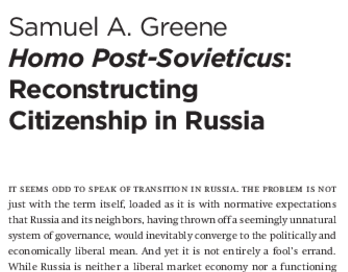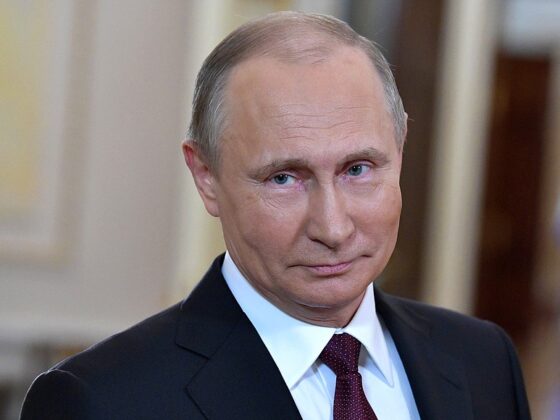(Social Research) Abstract: It Seems odd to speak of transition in Russia. The problem is not just with the term itself, loaded as it is with normative expectations that Russia and its neighbors, having thrown off a seemingly unnatural system of governance, would inevitably converge to the politically and economically liberal mean. And yet it is not entirely a fool’s errand. While Russia is neither a liberal market economy nor a functioning democracy, Russian citizens today are not living in the same circumstances that obtained in 1985 or 1991, or even 1999 when Vladimir Putin first came to power. The state’s monopoly of the means of production is a thing of the past, as is its insistence on a single ideology that transformed and constricted the lives of its citizens. Though myriad caveats are due, Russians are broadly freer and more prosperous than they have ever been before, and the state plays less of a role in their lives, having largely ceased curating not only their bookshelves and travel plans but also their educational and career trajectories, their health care, and so on. Moreover, this new state of affairs appears to be reasonably well consolidated and capable of sustaining and entrenching itself for the foreseeable future (see, among others, Hale 2014). And so it does not seem unreasonable to argue that there has been a transition from one state of affairs to another. […]
Read More © Social Research: An International Quarterly, Johns Hopkins University Press










